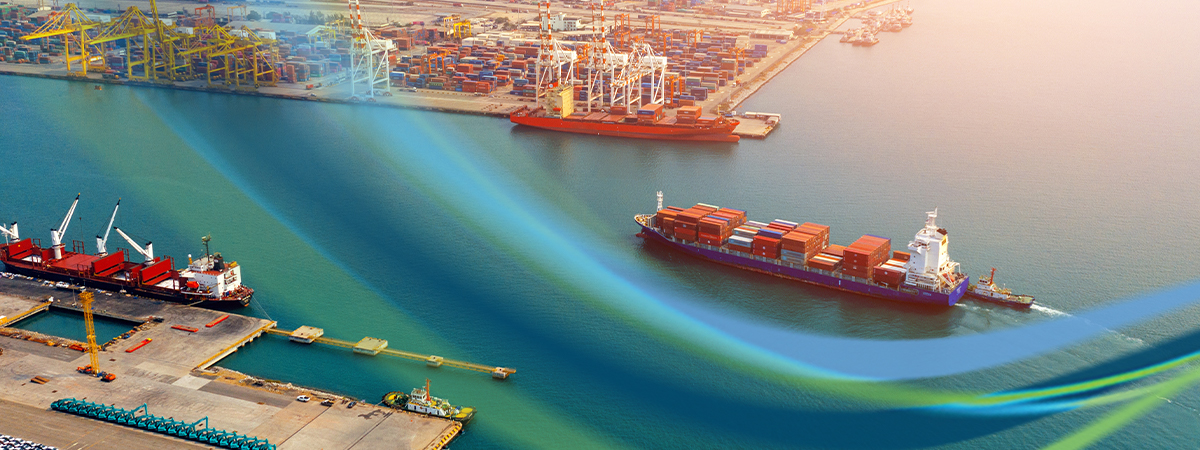The recent Covid-19 outbreak in Guangdong Providence in Southern China has meant that the region’s main port, Yantian is acutely congested, and this blockage could be worse than the Suez Canal blockage in March earlier this year.
Shipments have been delayed, and the fallout could take months to recover from, which means that there may be delays for Christmas. Another setback this soon after the Suez Canal blockage means that the shipping industry is in for a tough year. These affects are not just limited to the UK, the effects of the port congestion in China could have rippling effects around the world for months to come.
Yantian Port Congestion
Due the Covid-19 situation in China, many ports, including the Yantian International Container Terminal in the Shenzhen region, have been operating at a fraction of their overall capacity. Dozens of ships have already been waiting outside the terminal waiting for a berth to become available due to congestion. According to Ditlev Blicher from
Maersk, the port is currently only running on a 40% capacity and that “We’re expecting that to continue for the next month with significant delays for vessels to be able to berth.”
The Yantian Port has an importance on a global scale, as the port handles 13.5m teu a year or about 36,400 teu a day. This means that any blockages in this port can have detrimental impacts on the shipping industry. The Suez Canal blockage only lasted for six days, while the delays at Yantian International Container Terminal have already lasted for several weeks, with no end in sight in the near future, meaning that this situation is significantly worse than the Suez Canal blockage.
Changing Destination Ports
Shipping line
ONE (Ocean Network Express) has said that it is beginning to encourage customers to use a different destination port. “This may result in extended period of storage of inbound reefers at transhipment port or the discharge of reefer containers at an alternative port without prior notice,”
Delays
The delays in Yantian International Container Terminal can be 16 days or more now, compared to 15 days or more a day earlier. 121 sailings have omitted calls to the port or diverted to a different destination port.
Project44 has said that over 32% of vessels that have been approaching Yantian have been delayed, with the situation expected to worsen over the coming weeks.
Disruption
The delays in Yantian mean that there will be an unprecedented amount of disruption to many industries, including many materials, and countries will struggle to top up on much-needed PPE. Part of the Yantian port has reopened by the Yantian port authority, but it is now only running at 45%, which is far from sufficient. Scheduling for calls to the port is going to suffer majorly for at least the next 16 days and counting. European and US ports are facing a huge challenge when the ports finally do fully reopen, as the wave of cargo hitting them, will challenge their already stretched landside operations.
Mr Hersham from
The Loadstar has said that “Congestion will rise significantly, meaning that ports, and especially those already suffering such as Felixstowe, will be heavily impacted,” he said. “The scale of the issue in South China is already bigger than Suez.
“Two accurate metrics to measure disruption by are days of delay and teu; in both cases, Yantian far surpasses what happened with the Ever Given.”
If you have any questions about how these delays could affect your shipments, please do not hesitate to get in touch with us here at Supreme Freight for a discussion.
